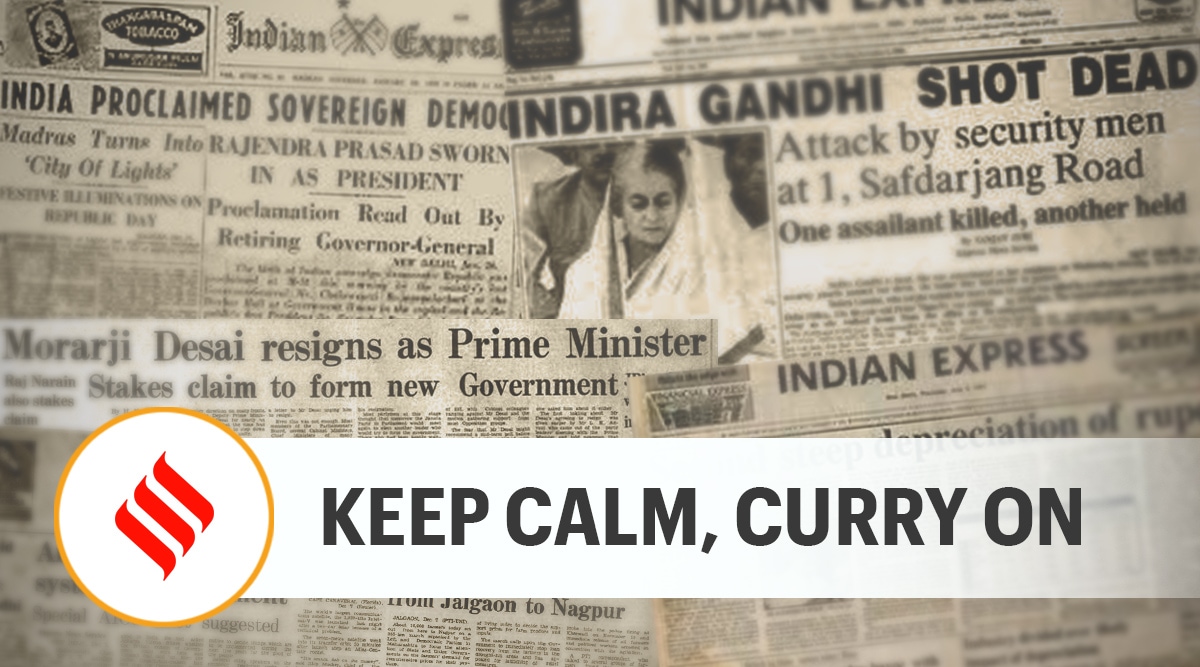 On cue, the internet divided itself into pro-curry and anti-curry camps.
On cue, the internet divided itself into pro-curry and anti-curry camps.
An Indian-American food blogger, Chaheti Bansal, put out a now-viral video calling on people to cancel the word “curry”, apparently because it’s a term invented by “white people who couldn’t be bothered to learn the actual names of our dishes.” On cue, the internet divided itself into pro-curry and anti-curry camps.
Many Indians and Indian-origin people have agreed with Bansal’s argument that using one word to define all food from a country as diverse and complex as India smacks of racism and ignorance. It was, they point out, invented by the British and the fact that Indians still use it indicates a colonial hangover. Then there are those — especially Britons — who have taken umbrage, saying that the word “curry” describes a beloved British-Indian culinary tradition and that Indian English has anyway appropriated the word to describe a variety of Indian dishes (often gravy-based) for the sake of convenience. Not to mention the term’s origin in the Tamil word, “kari”, used to describe certain kinds of savoury preparations.
None of the above is entirely wrong. Yet the “curry is a bad word because it’s a colonial invention” argument is as stale as last week’s chicken tikka masala. Sure, there are those who use the word as a vague descriptor of anything remotely close to Indian flavours (what exactly do “curry-flavoured fries” taste of?) or, worse, as a racist slur. None of this is acceptable and must be countered whenever possible. But it’s not as if Indians haven’t got even with the rest of the world for insisting that all Indian food is bright orange and causes “Delhi belly”. Because there is no other way of describing such creations as gobi manchurian, pasta in pink sauce, tandoori momo and paneer cannelloni which, unlike most other kinds of revenge, are best served hot.
- The Indian Express website has been rated GREEN for its credibility and trustworthiness by Newsguard, a global service that rates news sources for their journalistic standards.

